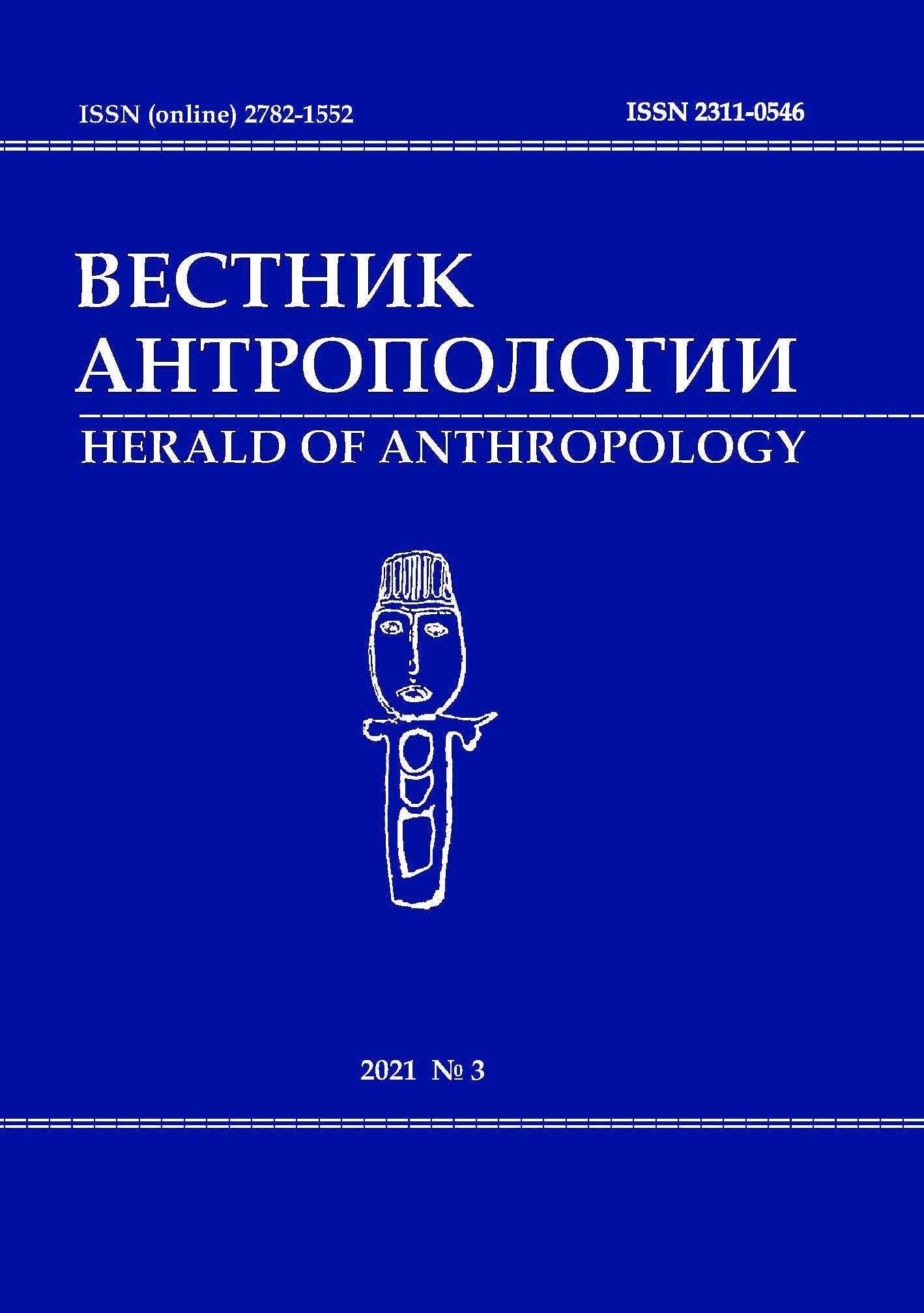Gagauz Identity: A Cultural And Civilizational Choice Or A Self-Preservation Strategy?
DOI: 10.33876/2311-0546/2021-3/53-69
Keywords:
Gagauz, inter-civilizational identity, foreign policy strategy, Turkic identity, Balkan identity, Russian identityAbstract
The article examines the fundamental components of the Gagauz national identity. As the Gagauzians are Turkic-speaking and Orthodox, their identity is considered as formed under the influence of several civilizational worlds. The author analyzes the three components of the Gagauz identity – Turkic (linguistic), Balkan (cultural-historical), and Russian (cultural-civilizational), which form the basis of their ethnocultural specificity. The author concludes that only two identities are competitive among the Gagauz people – the Turkic and the Russian and explains why the Balkan identity is not “prestigious” for them.
After the formation of the autonomy, Gagauzia faced the need to determine priorities in the foreign policy and its cultural and civilizational guidelines due to the unstable political position of the autonomy within the Republic of Moldova and relations with the guarantor countries (Russia and Turkey), which have their own geopolitical interests in this region. Forming their own ethnocultural identity and implementing foreign policy is more difficult for Gagauzia as it belongs to two cultural and civilizational worlds at the same time. Finally, the author concludes that the Gagauzians not only found themselves at a geopolitical “crossroads”, but also faced the choice of their cultural and civilizational identity. The fate of the Gagauz people largely depends on the choice that Moldova and Gagauzia will make.
For Citation: Kvilinkova, E.N. 2021. Gagauz Identity: A Cultural and Civilizational Choice or a Self-Preservation Strategy. Herald of Anthropology (Vestnik Antropologii) 3: 53-69





















